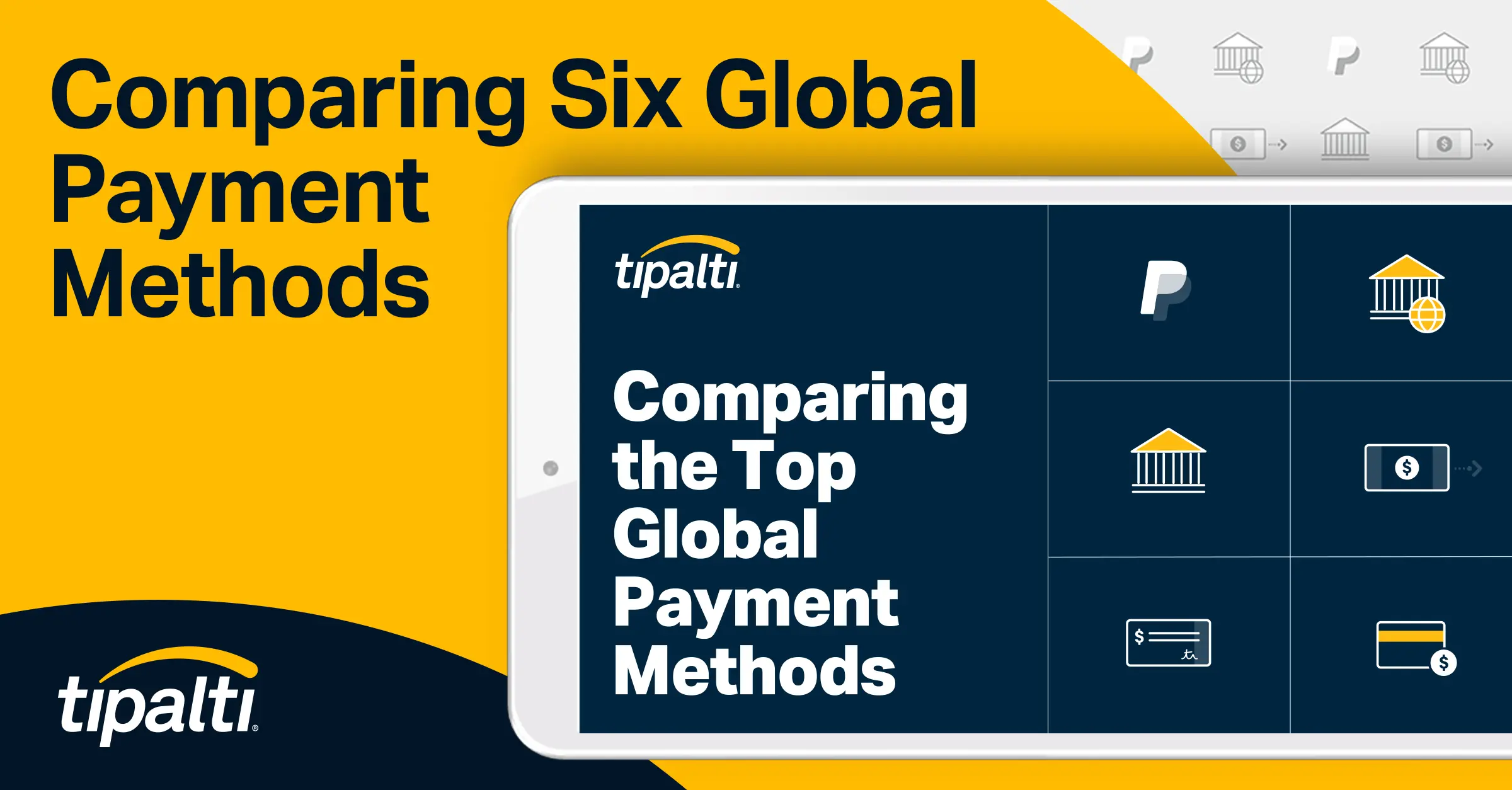A payment service provider (PSP) ensures merchants get paid by partnering with acquiring banks and their payment processors. They allow a business to accept various payment types from customers. This is done by sending transaction data via the payment gateway to the payment processor used by the bank.
The payment service provider market has not been immune to the after-effects of the pandemic. Global funding for payments startups fell 49% in 2022, which signals a more cautious investor approach amid higher levels of economic uncertainty.
However, the future is bright. In 2024, there will be more adult Gen Zers than adolescents, adding to an ever-growing pool of millennial buyers who are born digital natives. Not only do they embrace emerging payments, but they also expect a seamless purchasing experience as the true bottom line.
How Does a Payment Service Provider Work?
Online payment service providers makes it possible for merchants to set up ecommerce and accept online payments. They offer shops a payment solution for accepting electronic payments by a variety of methods, including:
● Credit or debit card
● Bank-based payments
● Online banking
● Real-time bank transfers
Online payment service providers bring all financial parties together. This includes the consumer, vendor, card brand network, and financial institution.
Other PSP Features
In addition to accepting a multitude of payment methods, PSPs offer other services to stay competitive. This includes features like:
- Fraud protection
- Point of sale (POS) solution
- Access to card networks
- Open API for customization
- Payment Card Industry Data Security Standard – PCI compliance (a.k.a. PCI DSS)
- Translate languages and process global payments in different currencies
The PSP is a data aggregator that sends all transaction information via a payment gateway to the payment processor used by your acquiring bank. This transaction is typically initiated by an online shopper or store clerk.
What is a Payment Processor?
A payment processor is an entity that is authorized to process credit card transactions between two parties (the buyer and the seller). They enable merchants to receive direct debit or credit card payments by providing a solid connection to an acquiring bank.
Payment processors perform many functions, such as validating whether a transaction is valid and approved. They also employ anti-fraud measures to assure the source of the purchase transaction is who they claim to be.
Credit Card Regulations
Credit card associations organize standards and regulations that processors must follow for payment acceptance. These rules cover bank account types, fraud, identity theft, and chargebacks. If a shopper has used a debit or credit card to place an order with a merchant, the payment processor transmits the relevant information from the payment gateway to the correct card association. This is simply a network of banks that processes a particular brand of payment cards like Visa or Mastercard.
What is an Acquiring Bank?
An acquiring bank is a registered member of a card network, like Visa or American Express, that accepts transactions on behalf of those networks for merchants. They are the “acquirer” of the funds. The card network connects acquiring banks to issuing banks so that a customer transaction can be easily verified.
What is an Issuing Bank?
An issuing bank is responsible for the cardholder’s ability to pay off any debt they accumulate with the credit card or credit line given by the bank. When this type of bank receives a card authorization request from the card association, they can either approve or decline the transaction, depending on the shopper’s financial status.
The Top Payment Service Providers
A guide on the different types of payment service providers wouldn’t be complete without discussing the best brands out there. Here’s a short list of six popular PSPs and their top features:
#1) PayPal – The PSP for Low-volume Payment Processing
PayPal is one of the most affordable payment systems that offer credit card processing to all business types. The monthly fee for businesses is low (and there is also a free plan).
PayPal is the best pick for low-volume transactions with pay-as-you-go terms. They also have additional perks like customer credit and a Mastercard program. 24/7 email and phone support mean business owners are never left hanging during crucial times.
Rates: 2.7% flat rate per transaction.
#2) Square – The Best PSP for Mobile Management
Square provides a fast and easy way for companies to accept payments online. It’s the best pick for mobile credit card processing and is super simple to get started. Just download the app and plug the Square reader into your mobile device. You can also use the Square Stand to turn your iPad into a mobile point-of-sale system.
Rates: 2.75% flat rate per transaction.
#3) Stripe – The Top PSP for Online Credit Card Processing
Stripe is the best pick if you run an online store or are looking to branch into e-commerce. It’s easy to set up an account and integrates with hundreds of other business applications.
Stripe is a completely customizable platform with flat, transparent pricing. The recurring payments feature allows merchants to accept regularly scheduled payments for subscriptions, donations, and other services.
Rates: 2.9% + 30 cents flat rate per transaction.
#4) Flagship Merchant Services – The PSP with the Most Flexible Terms
Flagship is the best pick for flexible terms because they are the only brand to offer merchants month-to-month contracts with zero setup or termination fees.
The full-service credit card processing company offers tiered and interchange-plus pricing with a wide range of payment options that include mobile, in-person, and online transactions.
Rates: .30% + 10 cents above interchange per transaction.
#5) Helcim – The Top PSP for Small Business Management
One of the most transparent payment processing services in the industry, Helcim is built with smaller business functionality in mind. They provide interchange-plus pricing to all merchants and posts its complete rates on the website, so you always know exactly what you are paying.
Helcim is one of the few companies with a rate lock, guaranteeing the margin won’t increase over the lifetime of your merchant account.
Rates: .25% + 8 cents above interchange per transaction.
#6) Merchant One – The Fastest PSP with Dedicated Support
The Merchant One system combines cutting-edge technology with exceptional service and a super quick setup. With a 24-hour turnaround, they offer a 98% approval rate even with less-than-perfect credit.
Merchant One assigns every business a dedicated account manager and has features that range from a simple card swiper to an entire point-of-sale system.
Rates: All rates are quote-based.


